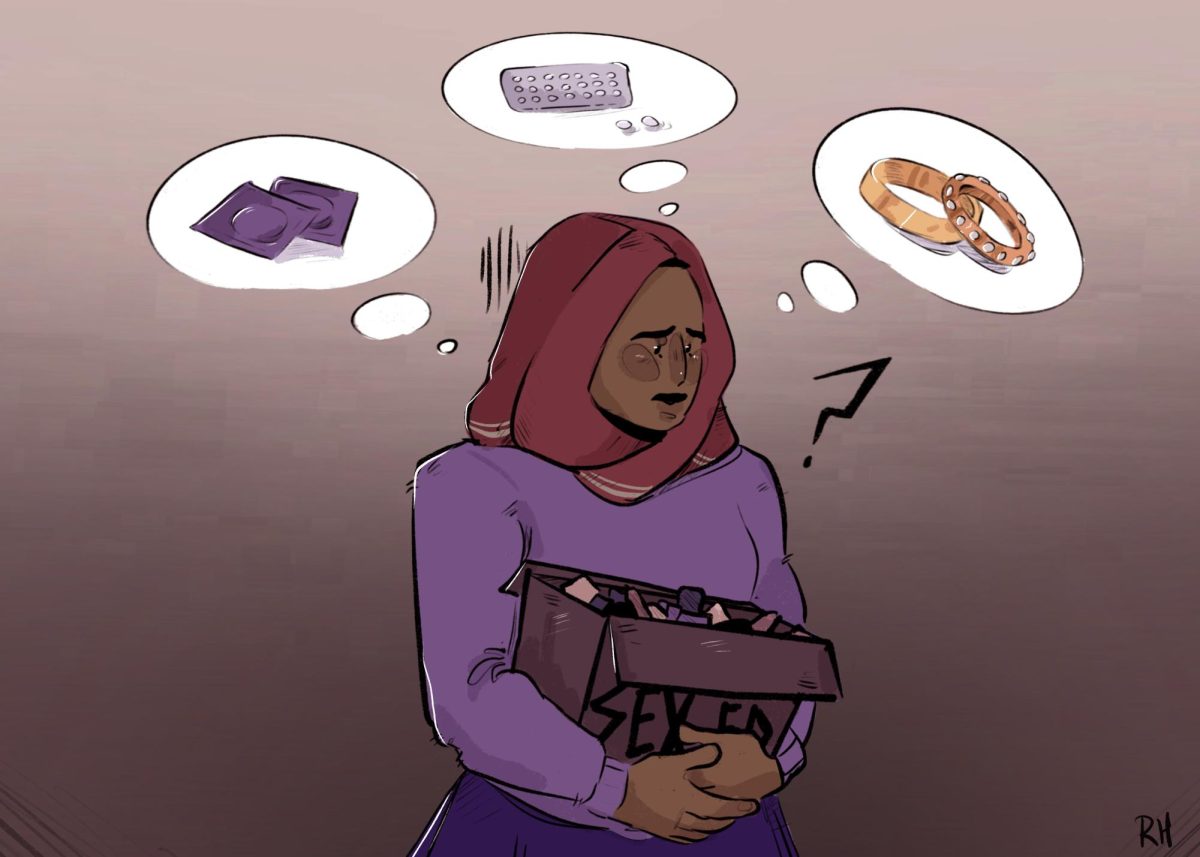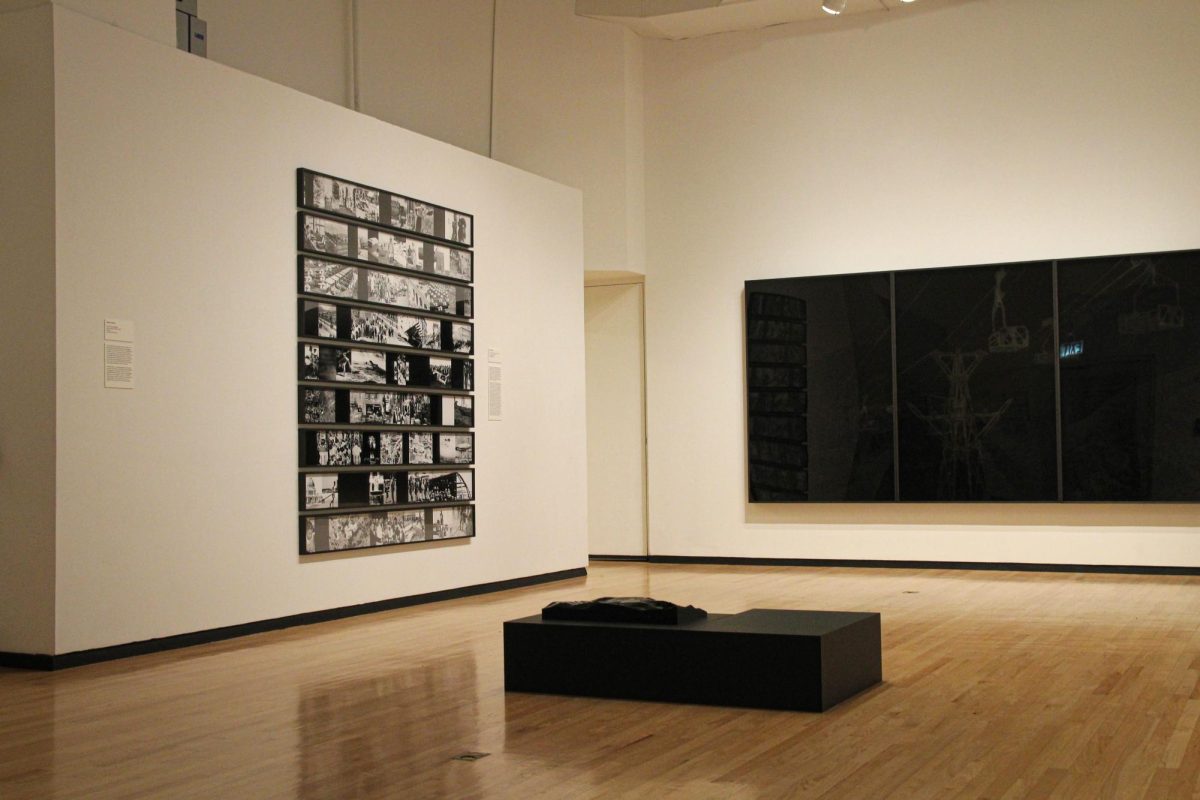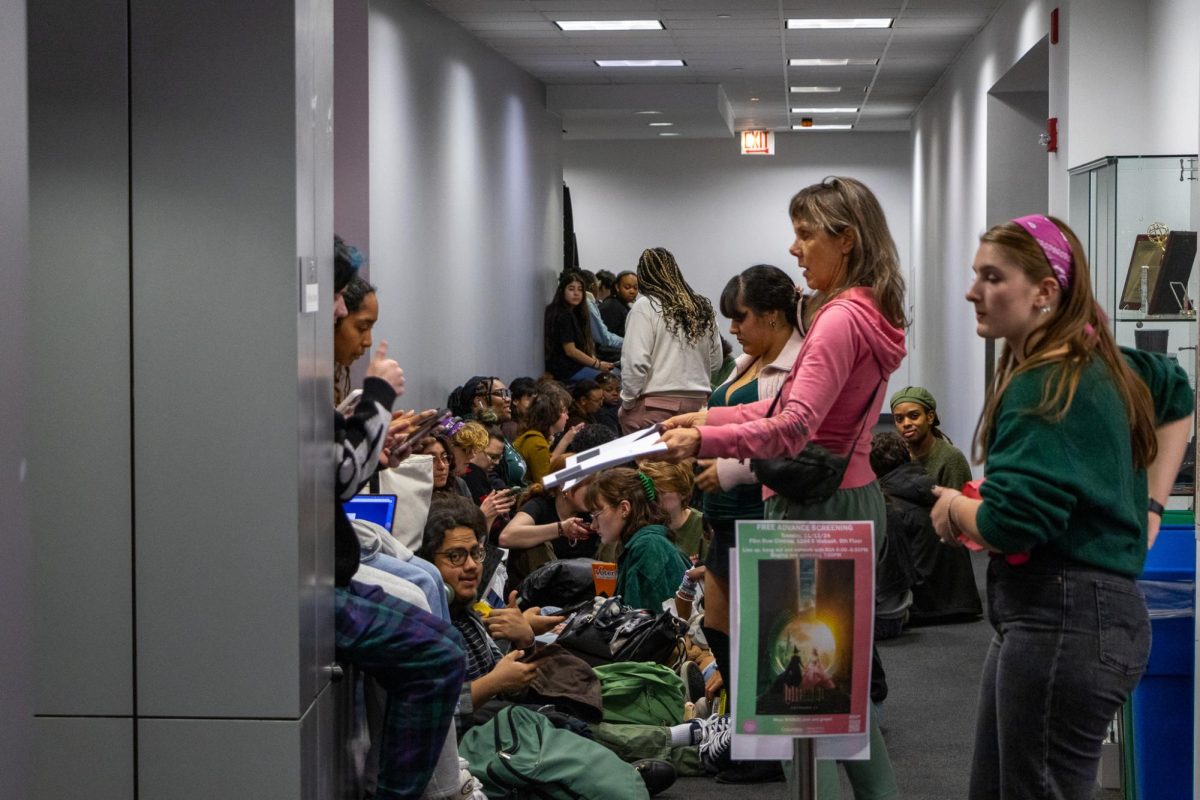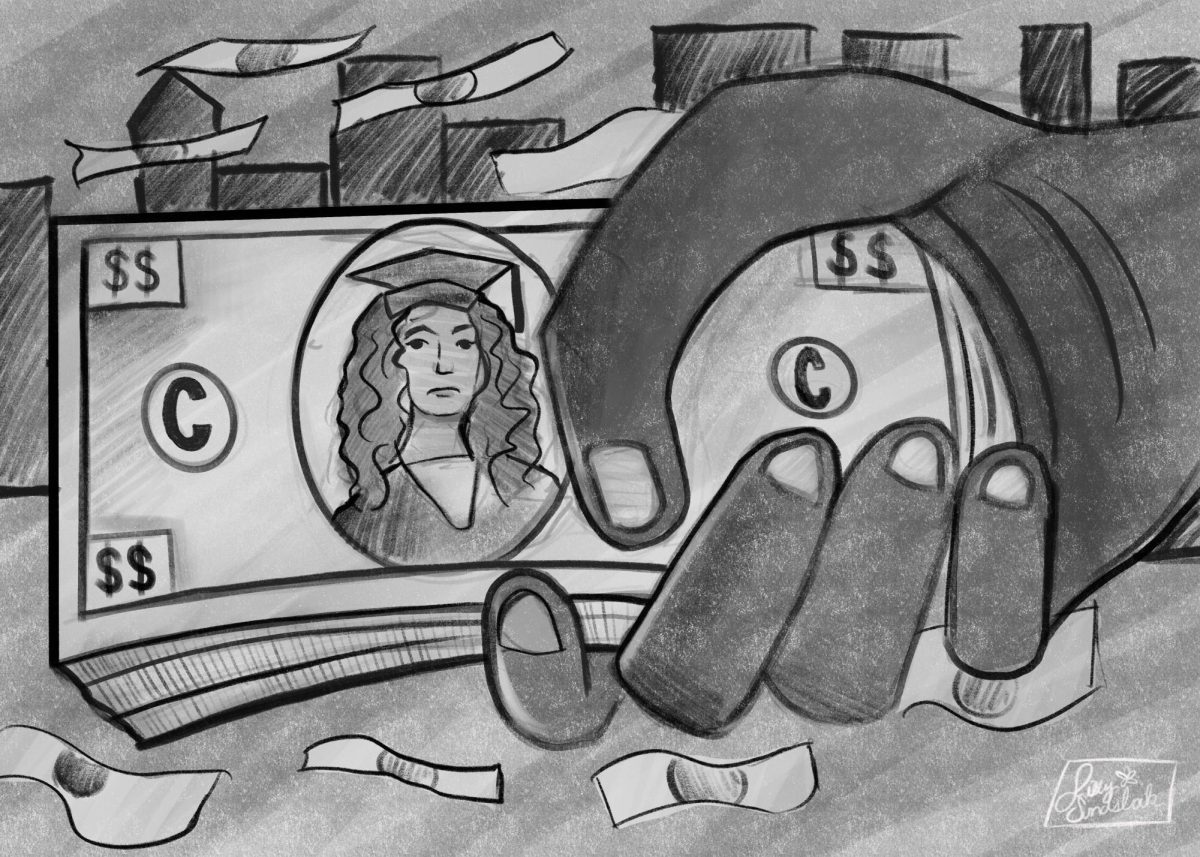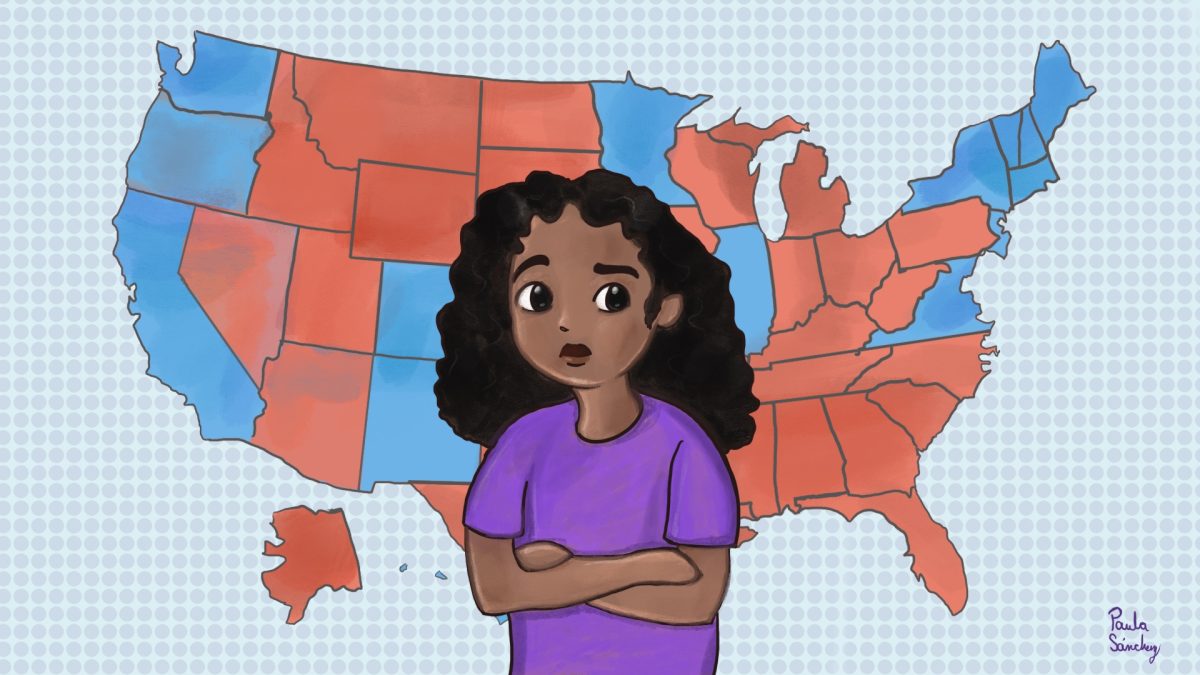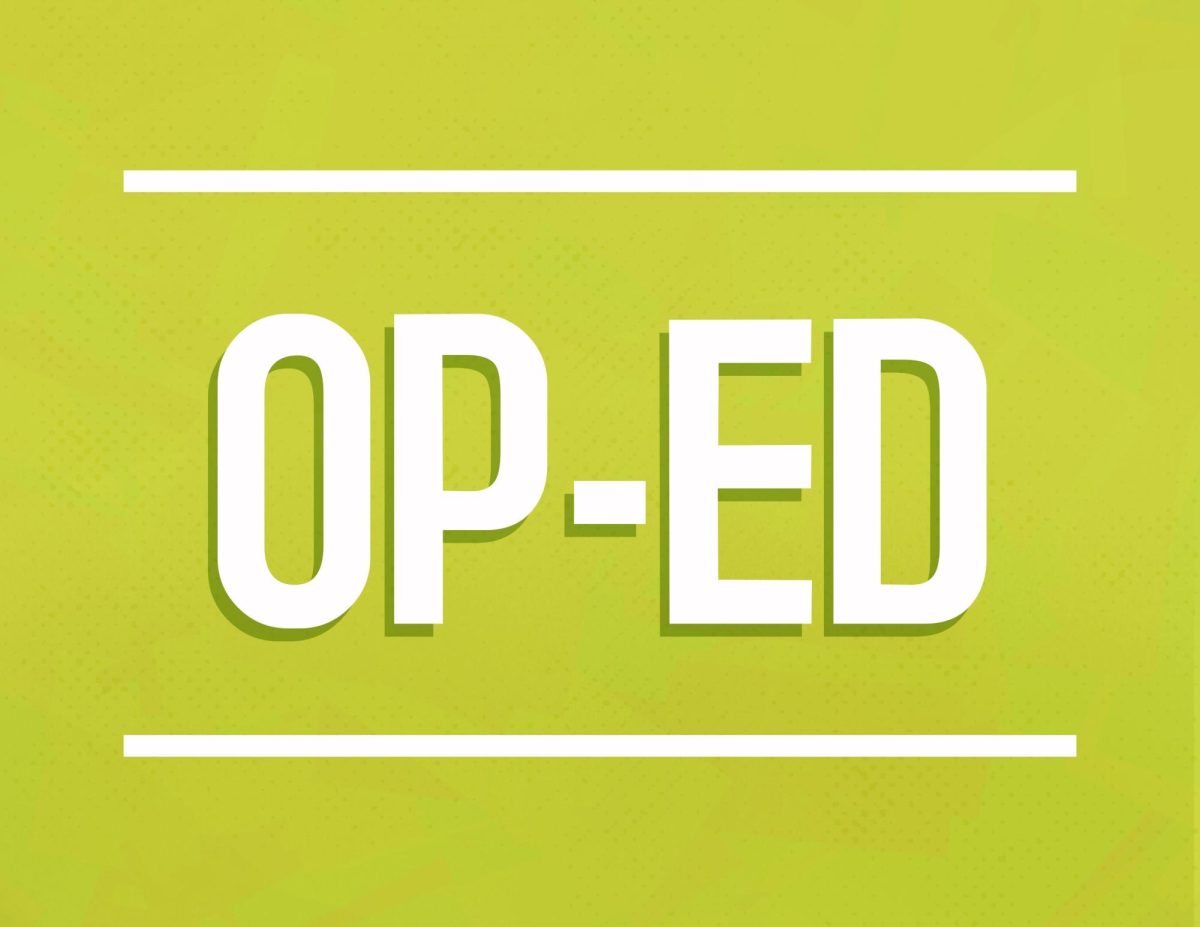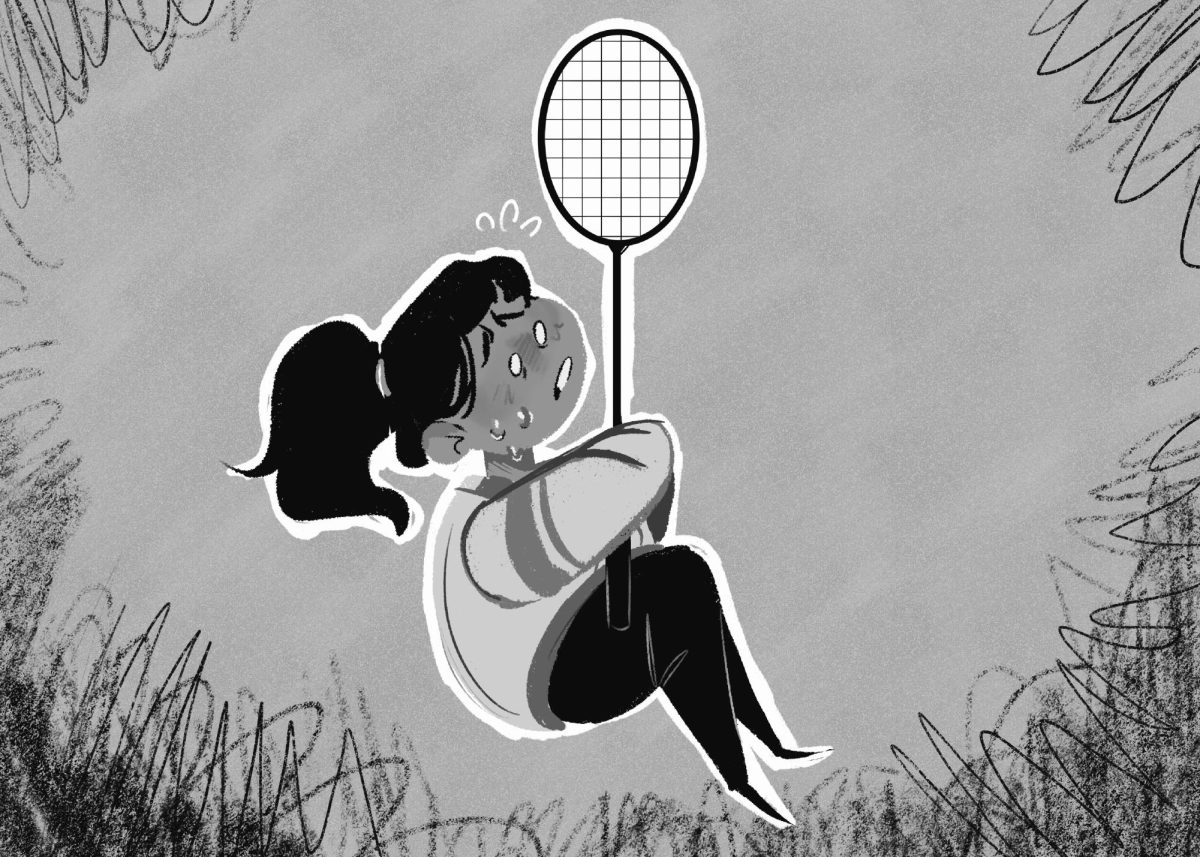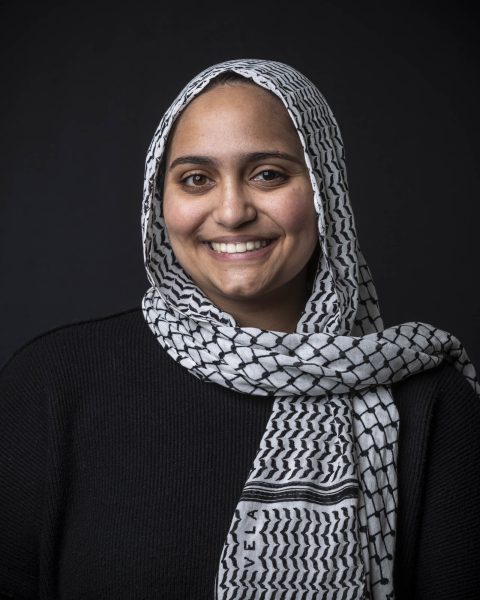THE SEX ISSUE
According to HEART, an organization aiming to promote sexual health and advance reproductive justice for Muslims, Muslim scholars such as Imam al-Ghazali have emphasized that it is the obligation of Muslims to learn about sexual desires and health in a way that is clear and direct.
So why is it that sex is seen as a taboo and shameful topic in the Muslim community worldwide? The answer is a lack of separation between culture and religion.
Due to cultural upbringings, Muslim families often feel they cannot discuss sex education with their children. The older generations in these families were raised in a state of ignorance when it came to sex. These same people who never had the education they deserve leave it to their children’s schools and the media to provide sexual learning.
When the youth’s only exposure to sex is through the media or public education, many young Muslim girls never learn the practices of safe sex, and in turn, either have high expectations of what sex is supposed to be or turn to unrealistic depictions of intercourse like pornography. When young girls muster up the courage to inquire about an aspect of intercourse they are curious about, many are told to “just figure it out after marriage” and straightforward answers are not given.
The younger generation of Muslim women is seeing this absence in the community, and instead of passing along the avoidance culture of sexual repression, they have started to create websites, infographics and communities for conversation through social media apps. These channels aim to distribute resources for sexual education in ways that are safe, realistic and pious.
Instagram accounts run by women have opened with the goal of becoming a safe space for Muslim girls and women around the world. Accounts like Amirah Zaky, a certified sex educator, focus on questions from followers to directly answer what people are curious about. Zaky provides free content for people of all faiths who want to learn sex education in a God-conscious way.
HEART and Islamic Research Foundation International provide infographics and resources for Muslims to learn about sex in a researched and cited format.
HEART created “A Guide to Effective Programming for Youth” focused around sexual education. This source touches upon cultural myths, sexual abuse, body image and more topics relating to sexual and reproductive health.
Other than informing readers about the actual logistics of sex, this resource touches on body positivity and how to identify sexual abuse. Without proper education, many women have trouble identifying sexual abuse. They assume that what they are expected to do with or for their spouse is natural and a given in their marriage.
When responding to what the implications of a lack of sex education are relating to abuse, HEART included in their sex education resource, “Young women and men who are neither informed about their bodies nor educated about what constitutes a healthy relationship will remain unequipped to identify when they are being abused or who they can turn to for help. A number of online blogs and anonymous, informal surveys are raising awareness about sexual violence among Muslims and are seeking opportunities to address the subject.”
The IRFI has a resource on their website titled “Young Muslims Guide to Sex Education,” where they have posted information they deem necessary for young children in the community who are developing through puberty to know.
TikTok creators such as lackytalkss have dedicated their pages to educating Muslim women on topics seen as taboo in the community. Some of Lacky’s videos touch on women’s sexual rights, combating common myths about sex in the community and knowledge of the body and sexual urges.
Opportunities like this are the only ways safe sex education is getting to the young Muslim women population. Sex is not something that can be disregarded by the community forever. Our generation is becoming the change in this once-ignored topic because we have seen firsthand how it negatively affects our women.
Muslim women should not be told “you will figure it out after marriage” or “you do not need to worry about it” when they ask about sex. They should be encouraged to seek sexual education in a healthy, safe way, and not told that knowledge of sex is harmful.


